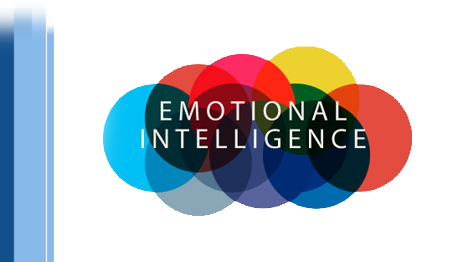- Behavioral Competencies
- Emotional Intelligence
- Individual & Team Development
- Sales Roles
- Service Roles
- Identification of Management
Derailers - Work Attitude / Integrity
- Health & Safety
- CMAP Career
- Employee Wellbeing
Supporting Emotional Intelligence in the Workplace
Research studies have shown that Emotional Intelligence (EI) contributes to several factors of interpersonal effectiveness and leadership capability. Employees who demonstrate high levels of EI are better at understanding themselves and others, making confident decisions and expressing their views. They have also been found to effectively manage their emotions and have the drive, energy and optimism to succeed. Furthermore, they are more capable of being sensitive to interpersonal and organisational dynamics and relate to others with diplomacy and tact.

Assessment Sections
| Section | Duration |
|---|---|
| Personality* | 30 minutes |
| Total duration ** | 30 Minutes |
* The duration of the personality questionnaire is an estimate as this section of the assessment is untimed. ** Excludes administration time, which adds roughly 2-3 minutes per section.
Report Options
Please contact AADC for further information on reports & report sets.
This solution investigates respondents’ Emotional Intelligence (EI) in terms of the conceptual framework proposed by Daniel Goleman and his colleagues. This framework defines EI as a set of personal and inter-personal competencies that can be refined and developed through mentoring, coaching and training.
The solution can be used to identify personal strengths and weaknesses in each of the EI competency domains, facilitate personal development or structure behavioural interviews in order to inform and support selection decisions.
The EI domains and competency clusters used in the solution are:
Personal Domain:
- Self-awareness Competency Cluster – includes: Emotional Self-awareness; Self-confidence and Accurate Self-assessment.
- Self-management Competency Cluster – includes: Emotional Self-control; Optimism; Achievement Orientation; Forward Planning; Conscientiousness; Adaptability and Trustworthiness.
Inter-Personal Domain:
- Social Awareness Competency Cluster – includes: Empathy; Interpersonal Openness; Organisational (‘political’) Awareness and Service Orientation.
- Relationship Management Competency Cluster – includes: Persuasiveness; Conflict Management; Inspirational Leadership; Change Catalyst; Team Working and Open Communication.








